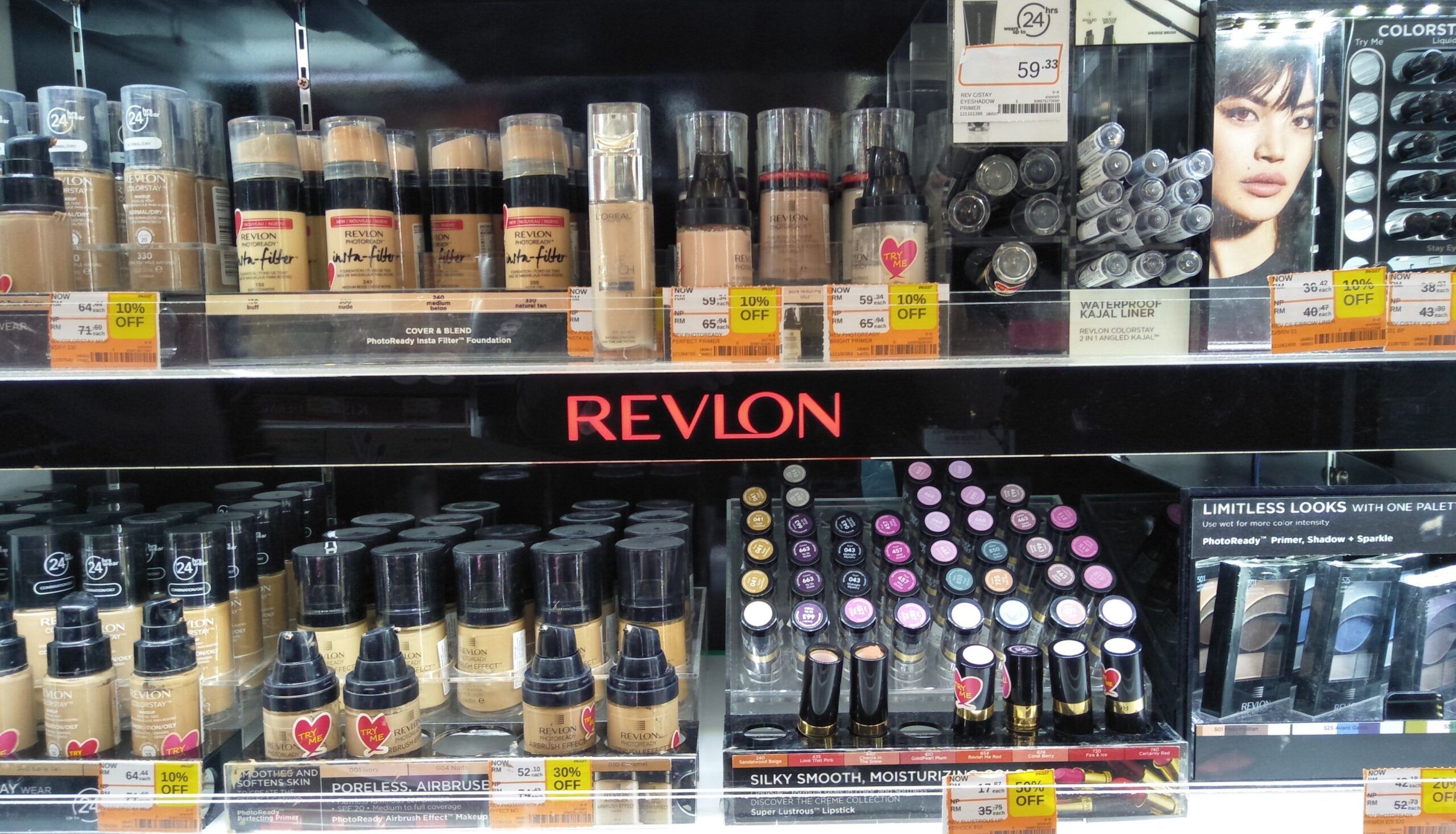
A US judge on Monday approved Revlon Inc’s reorganization plan, allowing the cosmetics maker to cut $2.7 billion from its debt and exit bankruptcy later this month.
US bankruptcy Judge David Jones in Manhattan, who has been overseeing the company’s Chapter 11 bankruptcy, said Revlon had reached “a hard-fought multi-faceted settlement” that resolves a “series of enterprise-threatening” risks to the business, including “debilitating” litigation among its lenders.
Under the plan, Revlon’s lenders will take ownership of the company in exchange for the debt reduction agreement, wiping out the equity value of existing shareholders. The reorganized company plans to raise $670 million after exiting from bankruptcy by selling new equity shares.
Revlon’s reorganization was supported by 88 percent of the 4,500 creditors who voted on the plan, and those supporting creditors hold 98 percent of the company’s debt. The reorganization will provide Revlon with a “fresh start” and provide a sustainable foundation for future growth, Revlon said in a Friday court filing.
Revlon, which has a 91-year history selling lipstick, nail polish and other beauty products, filed for bankruptcy in June, saying its $3.5 billion debt load and pandemic-related disruptions had left it too cash-poor to make timely payments to critical vendors in its cosmetics supply chain.
During its bankruptcy, Revlon reached settlements with two warring factions of lenders who financed Revlon’s purchase of cosmetics and fragrance company Elizabeth Arden in 2016. The lenders clashed over a 2020 loan that gave one faction of lenders additional control over Revlon’s intellectual property assets.
Under Revlon’s bankruptcy plan, the lenders participating in the 2020 loan will receive most of the company’s equity, valued at $2.75 billion to $3.25 billion. The lenders who did not participate in the 2020 loan can choose to receive up to $56 million in cash, or they can forgo cash payments and receive up to 18 percent of the company’s post-bankruptcy equity shares.
Junior creditors, including retirees with unpaid pension claims and consumers who brought personal injury lawsuits against Revlon, will be paid up to $44 million. Revlon’s existing equity shares will be wiped out when it emerges from bankruptcy.
Ron Perelman’s MacAndrew & Forbes held 85 percent of the company’s shares at the time of its bankruptcy filing. The remaining stock saw a surge in interest from retail investors last year, trading above $8 per share early in the company’s bankruptcy before collapsing in value.
By Dietrich Knauth; Editors Mark Porter and Alexia Garamfalvi
Learn more:
It was a slow decline for the 90-year-old company, which found itself crippled by massive debt, a pandemic, supply chain issues and growing competition from start-up brands changing beauty ideals and culture.


